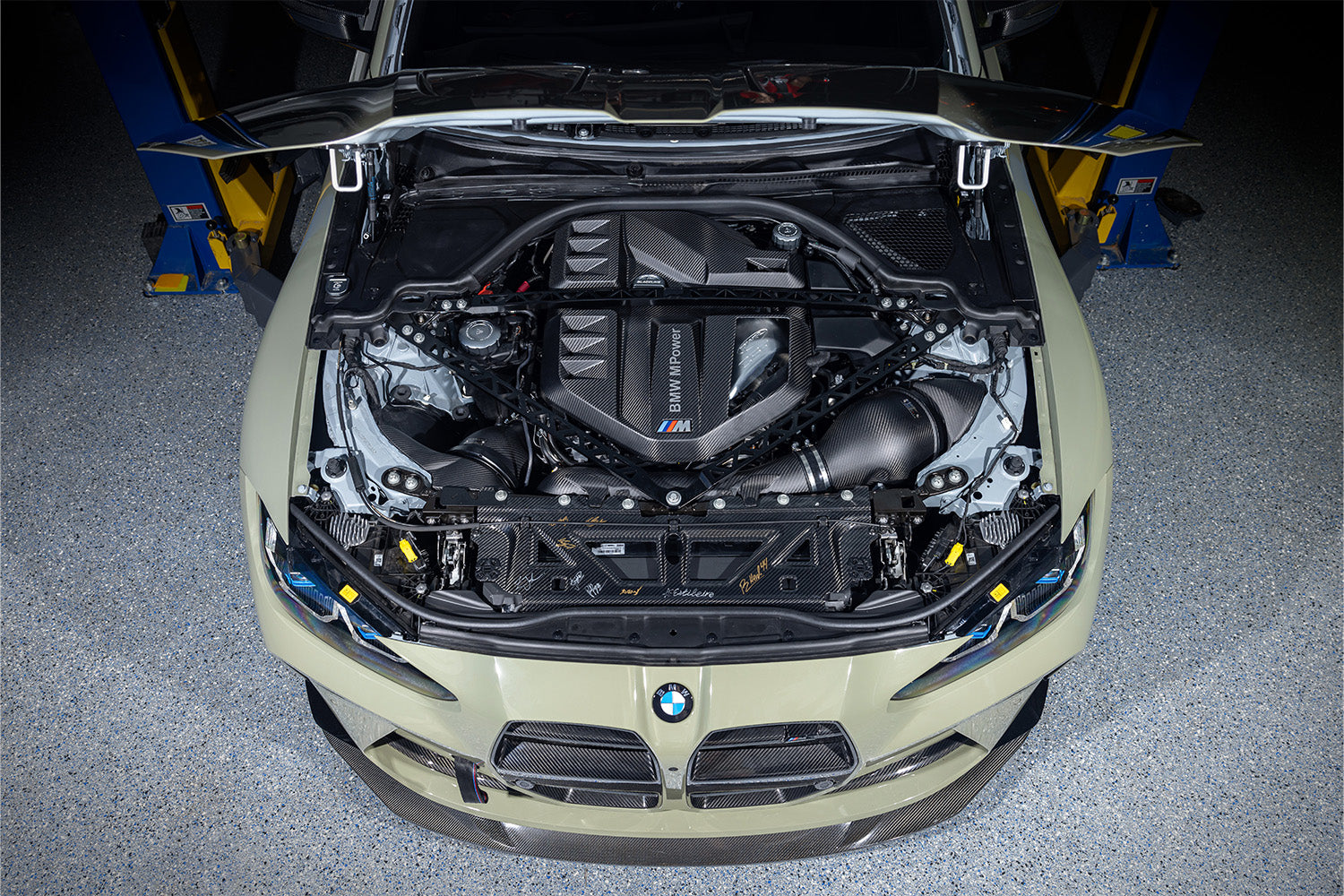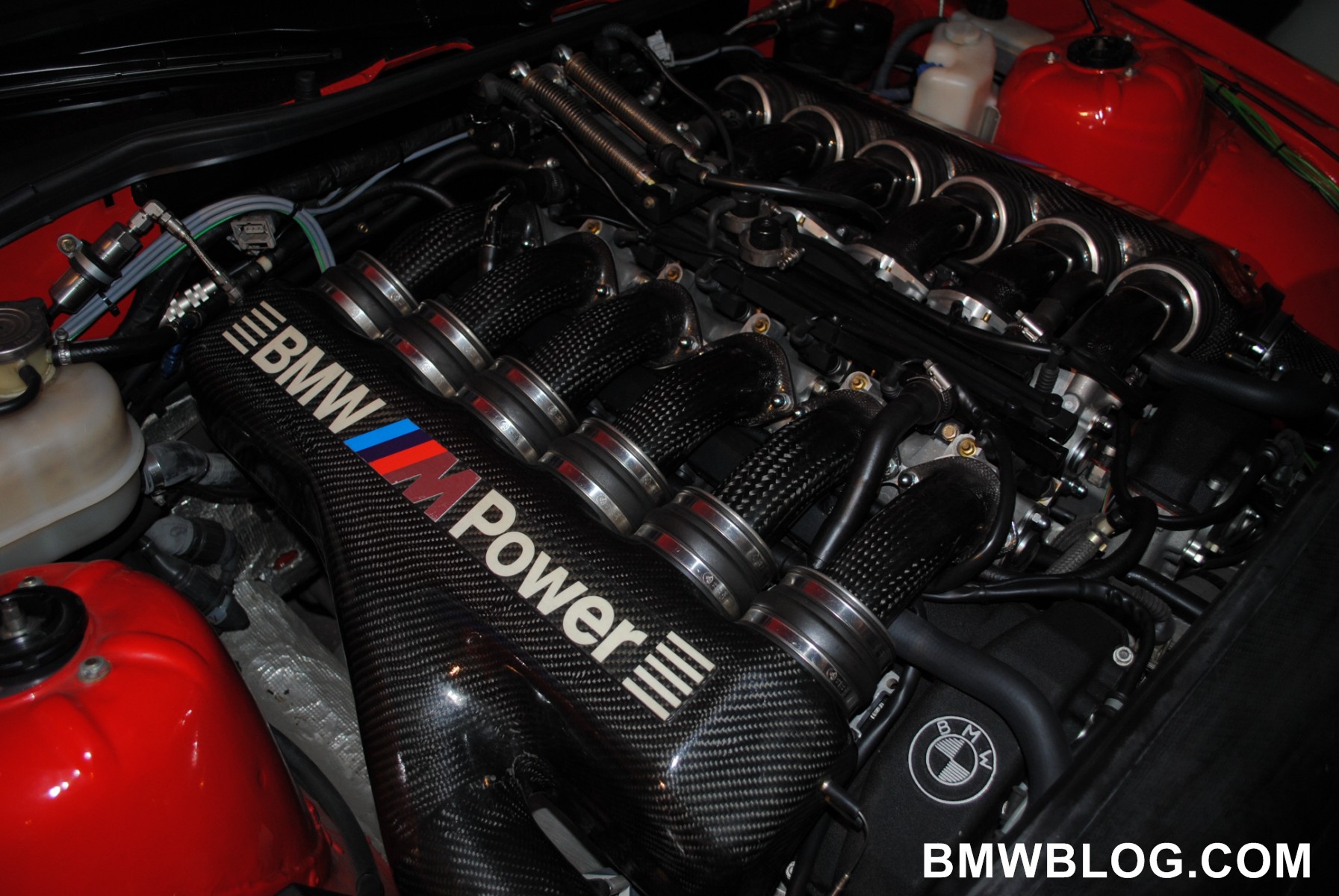The Development of the BMW Engine: A Recall at Iconic Versions
Unveiling the Intricacies of Next-Generation Power Units: a Deep Study Advanced Engine Designs and Developments
In the realm of automotive design, the relentless quest of performance, effectiveness, and sustainability has actually pushed the evolution of power units to unprecedented elevations. As we depend on the precipice of a brand-new period in transport, the intricacies of next-generation engine styles bid us to check out the innovative technologies and innovations that promise to redefine the driving experience. From sophisticated materials that press the limits of sturdiness and weight decrease to advanced turbocharging and turbo charging systems that raise power result to new degrees, each part of these power devices holds an essential to opening the future of auto design. Diving much deeper into the worlds of discharge control, intelligent engine monitoring systems, and the perspective of power device growth, we find ourselves on the cusp of a change that promises to reshape the landscape of wheelchair as we understand it.
Evolution of Engine Materials

The shift towards progressed engine products has actually likewise made it possible for designers to create engines with greater power outcomes while preserving gas efficiency requirements. The use of light-weight materials lowers the general weight of the engine, leading to boosted fuel economic situation and reduced exhausts. Additionally, improvements in materials technology have permitted much better thermal monitoring within engines, causing enhanced integrity and durability.
Turbocharging and Supercharging Technologies
Just How do Turbocharging and Supercharging Technologies change engine performance and efficiency in modern-day lorries? Turbocharging and supercharging are innovations that substantially improve engine efficiency by increasing the amount of air consumption right into the burning chamber. Turbocharging accomplishes this by using a generator driven by exhaust gases to pressurize the consumption air, while supercharging utilizes a belt- or chain-driven compressor to accomplish the exact same impact.
These innovations allow smaller sized, much more fuel-efficient engines to generate power equal to larger ones, called downsizing. By forcing more air right into the cylinders, turbo charging and turbocharging enhance burning efficiency, causing raised horsepower and torque outcome without a considerable increase in engine dimension. This causes much better velocity, pulling capability, and general driving performance.
In addition, turbo charging and turbocharging contribute to boosted gas performance by enabling the use of smaller engines that eat much less fuel under typical driving problems - bmw engine. This mix of improved performance and efficiency has made turbocharging and supercharging essential parts of numerous modern engine styles
Discharge Control and Environmental Impact
With increasing worldwide worries regarding air top quality and ecological sustainability, the execution of emission control technologies in cars plays a vital role in lowering unsafe pollutants released right into the environment. Modern lorries are geared up with innovative discharge control systems that assist decrease the ecological effect of auto operations. Catalytic converters, for instance, are created to convert harmful gases such as carbon monoxide, nitrogen oxides, and hydrocarbons into less hazardous materials like co2 and water vapor.
In addition, developments in engine modern technology, such as the assimilation of exhaust gas recirculation systems and careful catalytic reduction, have substantially added to lowering exhausts. These innovations operate in tandem to maximize burning effectiveness and reduce the release of harmful contaminants into the air. Additionally, the advancement of crossbreed and electrical vehicles represents a vital step in the direction of lowering the overall environmental impact of the transportation sector.
Intelligent Engine Administration Solution

Additionally, these systems make it possible for cars to satisfy strict exhausts standards without jeopardizing efficiency, giving a more eco-friendly driving experience. The combination of expert system and equipment knowing capabilities in engine management systems proceeds to press the boundaries of what is possible, causing more renovations in performance, dependability, and general vehicle performance. bmw engine. As vehicle innovation advances, intelligent engine management systems will play a critical duty in forming the future of transport towards a more lasting and reliable direction
Future Trends in Power Device Advancement
As smart engine administration systems lead the way for boosted control and optimization in contemporary cars, future fads in power unit advancement are poised to redefine the landscape of auto propulsion technologies. Among the vital fads driving development in power device development is the shift towards electrification. With an increasing emphasis on sustainability and minimizing carbon emissions, hybrid and electrical powertrains are becoming a lot more common in the automobile sector. These alternative power sources offer improved performance and efficiency while aligning with stringent ecological guidelines.
An additional significant pattern is the combination of sophisticated products and manufacturing techniques. Lightweight materials such as carbon fiber and light weight aluminum are being utilized to read this post here lower total automobile weight, boosting gas effectiveness and performance. Additionally, improvements in 3D printing and additive production are allowing the production of complicated engine parts with higher accuracy and resilience.
Additionally, expert system and device learning are playing an important duty in enhancing power system performance. These innovations permit for real-time surveillance and flexible control, leading to a lot more reliable and effective power shipment. Generally, future patterns in power device development are tailored in the direction of effectiveness, sustainability, and efficiency, driving the vehicle sector towards a new period of propulsion innovations.

Conclusion
In conclusion, the developments in engine materials, turbocharging, emission control, and smart monitoring systems have actually paved the means for next-generation power units. The detailed layouts and technologies in modern-day engines display the recurring advancement of anonymous vehicle innovation.
Exploring the dynamic innovations in engine products has actually been crucial in boosting the efficiency and efficiency of modern-day engines. Over the years, the advancement of engine products has played a critical duty in pushing the borders of what engines can achieve.The change towards advanced engine products has actually additionally enabled designers to make engines with greater power outcomes while keeping fuel effectiveness requirements.The application of intelligent engine management systems in contemporary vehicles has reinvented the way engines are controlled and maximized for efficiency and performance. By accumulating information in real-time and examining it with innovative algorithms, smart engine monitoring systems can adjust to driving styles, environmental aspects, and engine health to optimize power output while decreasing fuel usage and emissions.